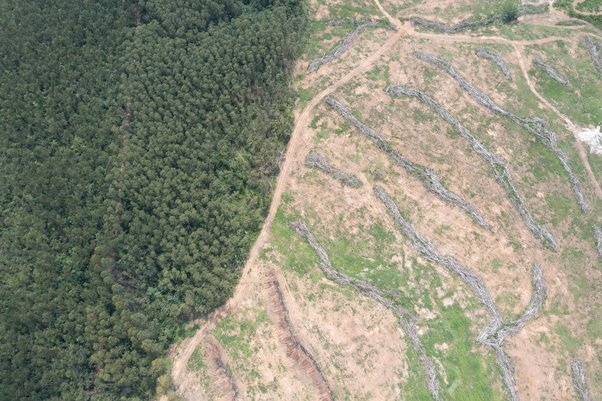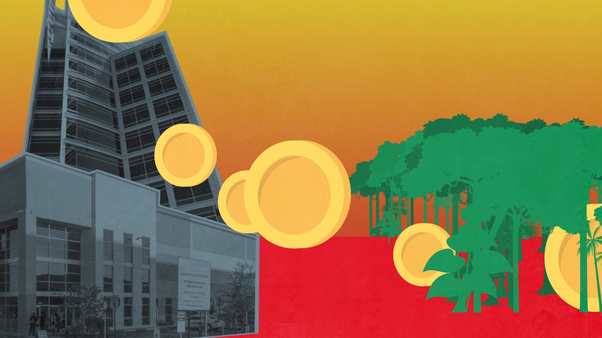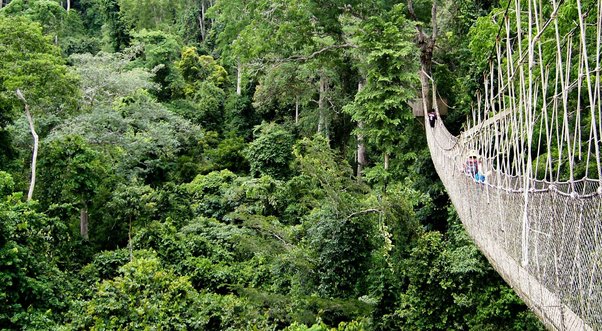Reacting to reports that the EU has finalised the "benchmarking" criteria for countries under its anti-deforestation law, Giulia Bondi, senior EU campaigner at Global Witness said:
"The benchmarking system reportedly agreed looks set to fall short – with countries like Brazil and Paraguay not categorised as ‘high risk’, despite the deforestation crisis consuming climate-critical forests like the Amazon and Gran Chaco.
“But this benchmarking method, flawed as it may be, should not lead to complacency. Even when trading in products produced in a ‘low-risk’ country, companies must still prove their supply chains are free from deforestation and human rights abuses.
“The anti-deforestation law is still a huge and hard-won step forward for EU consumers and climate action – now we need a strong start to implementation to begin to shut the door on dirty commodities in Europe for good.”
The benchmarking system ranks countries as high, standard or low risk, with forest-risk products from high-risk countries needing to undergo a higher number of checks by EU law enforcement to ensure commodities placed on the EU market are not produced from deforested land.
Goods in scope of the EUDR from countries classified as low risk will not be exempt from the law, and companies will face the same data collection obligations and need to comply with the law overall, however, they will face fewer checks if identified from low-risk countries.
Companies must now prepare to comply with the EUDR, which is set to enter into application at the end of 2025.


